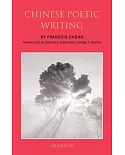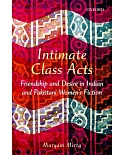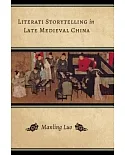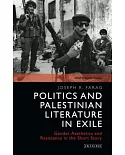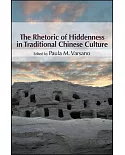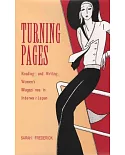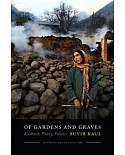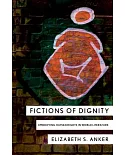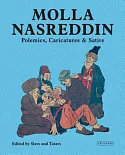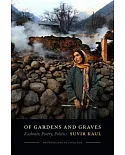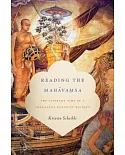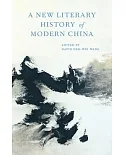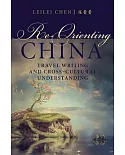At the end of the nineteenth century and beginning of the twentieth, Japanese fiction pulsed with an urge to render good and evil in ways that evoked dramatic emotions. An Age of
Melodrama examines four enormously popular novels from this period by interweaving two threads of argument. Using approaches to melodrama developed in Western literary and film criticism,
it first shows how these texts used their binary morality to construct a semblance of moral certainty in a moment of social transformation. It then examines how the novels responded to a
particular set of ideologies of the family, which the Japanese state attempted to use as an instrument of social control. The melodramatic novels of the Meiji period generated a plethora of
alternative family models that explored the myriad ways in which human beings could connect in a modernizing culture. The fictional families in these works revealed the ties of the family to
the nation, delineated traumatic changes in social hierarchy, and showed the effects of new discourses of gender. These powerful portrayals and the social discourses that surround them reveal
that melodrama was a central mode of sensibility in Meiji culture.


